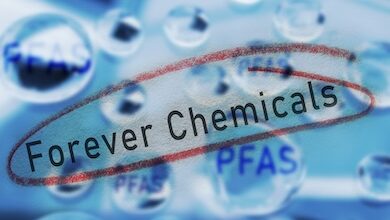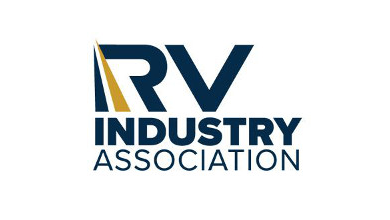RVIA’s Bill Erny Testifies During Minnesota PFAS Hearing
On Thursday, May 22, the RV Industry Association’s Senior Manager of Regulatory Affairs Bill Erny testified before the Minnesota Pollution Control Agency. The hearing discussed Minnesota’s proposed PFAS reporting rule.
Background
The Minnesota Pollution Control Agency recently proposed a new administrative rule to implement a reporting and fee program for products containing intentionally added PFAS that are sold, offered for sale or distributed in Minnesota.
The rule requires manufacturers to disclose data about products that contain intentionally added PFAS that are sold, offered for sale or distributed in Minnesota. Reporting will begin Jan. 1, 2026, and a fee will be required upon submission. The proposed rule is now available for public review and will be open for a 30-day comment period. RVIA has also filed public comments that include key member priorities and reflect the feedback of the PFAS Working Group and industry stakeholders.
Hearing
During the hearing, Erny emphasized the RV industry’s concern that the current proposed reporting process will not be feasible due to the complexity of RVs and the rule’s short timeline. Erny asked that the Minnesota Pollution Control Agency work with the RV industry to achieve the mutual goal of a healthy environment while ensuring the viability of the RV industry in Minnesota.
To reach this goal, Erny made four requests to the Minnesota Pollution Control Agency:
- Delay the reporting deadline by at least 12 months. This will allow the Minnesota Pollution Control Agency to appropriately finalize guidance, test reporting tools and provide the industry with the time needed to work with complex supply chains and to obtain the required information.
- Permit aggregate reporting at the total product (vehicle) level. This will allow manufacturers to provide the Minnesota Pollution Control Agency with meaningful data while minimizing the arduous and unnecessary reporting burden at the component level.
- Exclude internal components from reporting. Internal components are fully integrated into vehicle systems and are not accessible during routine use or handling. This includes electronics, internal wiring, and sealed gaskets among others. These components are engineered for durability and function and are not designed for consumer interaction.
- Provide a reasonable standard for due diligence reporting. This standard would be consistent with the EPA’s federal definition of “known or reasonably ascertainable,” and allow for realistic compliance expectations.
For questions, reach out to Bill Erny at berny@rvia.org or view the RV Industry Association’s PFAS Toolkit.



